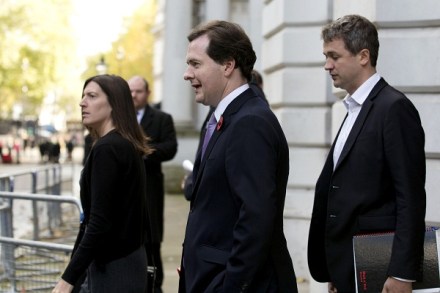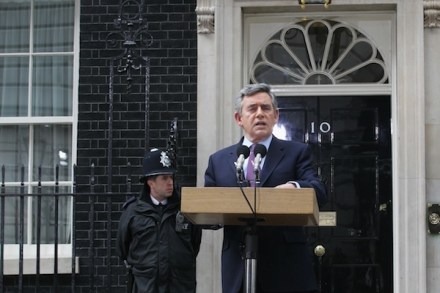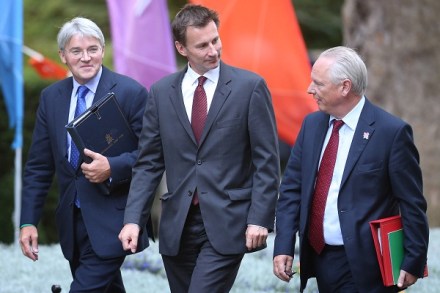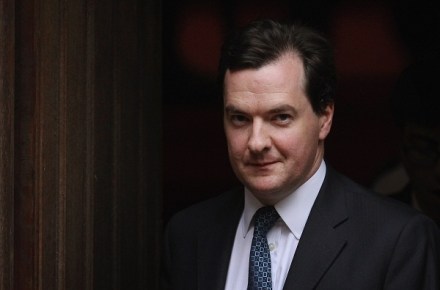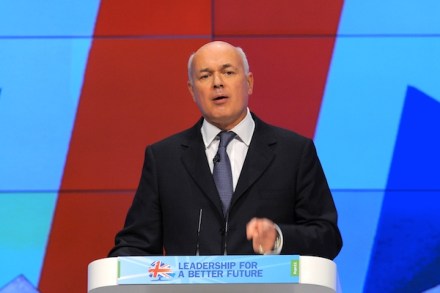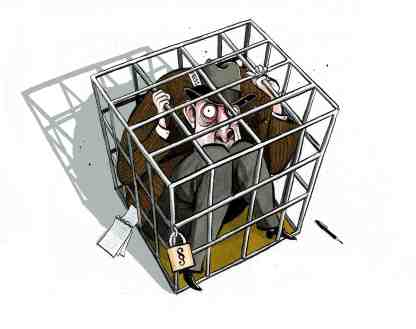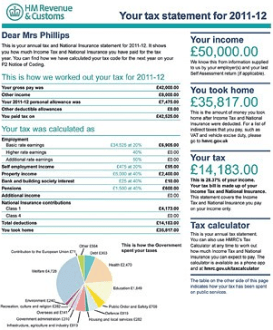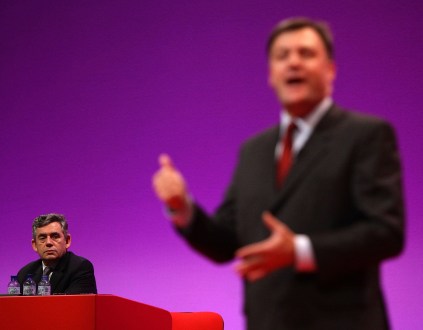Sketch: Gordon Brown resurfaces
Gordon Brown lumbered back into parliament this evening to speak in an adjournment debate at 7.10 pm. Even before dinner he managed to look both over-fed and a bit exhausted. His thick dark hair has grown greyer and longer than when we last saw him barrelling out of Downing Street, in May 2010, having just blown the economy and the election. He entered the chamber unaccompanied. When the speaker called him, he stood up in a little pool of empty space. Perhaps fellow MPs feared being sucked into the red dwarf of his extinct career. As he spoke, his mood seemed chastened. His rhetoric was noticeably muted and unshowy. But




